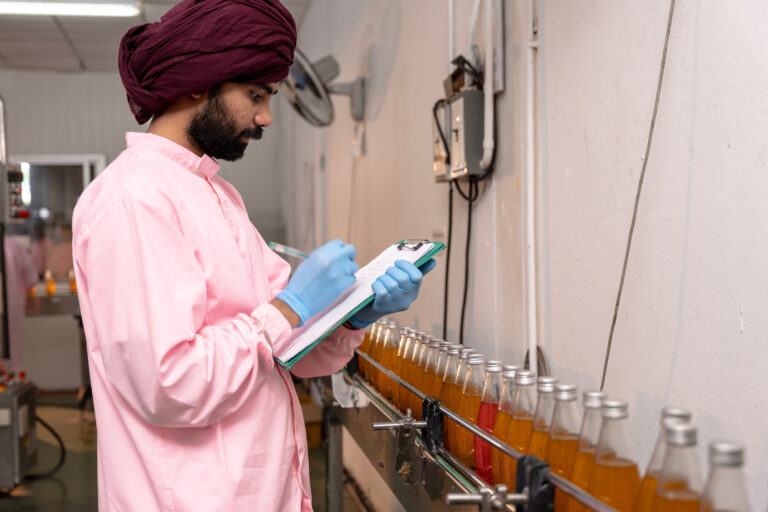Earlier this year, the FDA inspection of a food facility in India found the company’s RTE mouth fresheners to be adulterated due to unsanitary conditions and failure to comply with provisions of the CGMP & PC rule. Included among the violations were:
- An incomplete Food Safety Plan hazard analysis, which did not identify and evaluate pathogenic bacteria, e.g., Salmonella, despite use of ingredients that have been associated with Salmonella concerns in the past. Because of this, no preventive controls (e.g., processes such as a lethality treatment or a supply chain program) against pathogenic bacteria were identified.
- In relation to GMPs, FDA found evidence of pest activity, specifically rodent excreta pellets, in various processing, packing, and holding areas. Additionally, the plant was not maintained in a clean and sanitary condition, with FDA observing clutter, dirty equipment and inappropriate storage conditions with food items touching walls.
Whether your – or a supplier’s facility – is in the U.S. or on foreign soil, foods for U.S. consumers are required to meet all relevant U.S. food safety requirements. In this case, the business was given 15 working days to respond to the inspection findings, including the outlining of the specific steps being taken to correct the deviations, and an explanation of how the firm plans to prevent these violations or similar violations from occurring again, i.e., corrective actions.





